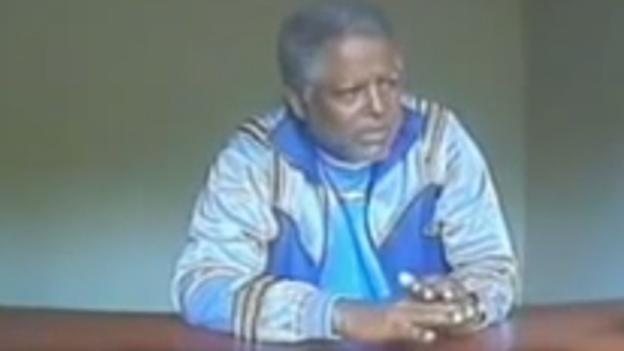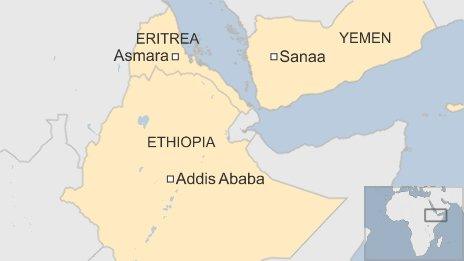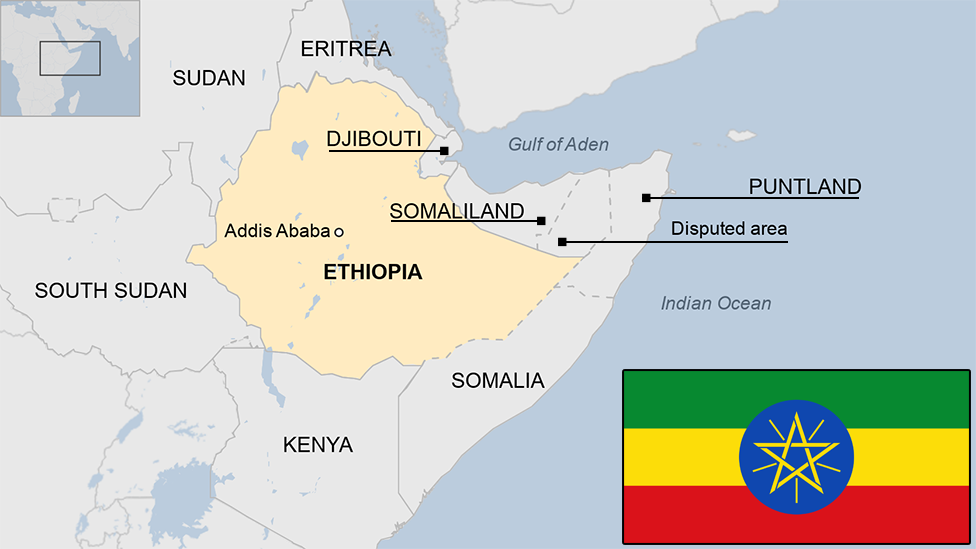Ginbot 7's Andargachew Tsege: Ethiopia confirms arrest
- Published

Andargachew Tsege, a UK national, leads the banned Ginbot 7 movement
Ethiopia has confirmed it has arrested opposition leader Andargachew Tsege, who disappeared in Yemen last month.
His UK-based wife Yemi Hailemariam told the BBC she was shocked to see him paraded on state television.
Ethiopian TV said Andargachew had been arrested in Yemen and then extradited.
It described him as the country's "most wanted person". He was sentenced to death in absentia in 2009 on charges of planning to assassinate government officials - which he denied.
Andargachew, a UK national, is secretary-general of Ethiopia's banned Ginbot 7 movement.
Amnesty International last week warned he was at risk of being tortured, external while in Ethiopian custody.

Correspondents say Andargachew sounded hoarse and appeared to be incoherent during his appearance on TV.
He said he had accepted his arrest as "a blessing in disguise".
"I just want to rest because I was really, really exhausted," he said.

"We have made clear that we expect immediate consular access and requested reassurances that the death penalty imposed in absentia will not be carried out"
UK Foreign Office

Ms Yemi said it was difficult to see footage of her husband.
"I switched it off quickly. I couldn't watch it," she said.
Ms Yemi said the UK should demand the immediate release of her husband.
"If they want to try him, they must go through the proper channels," she told the BBC.
A British Foreign Office spokesman said it had raised its "deep concerns" with both Ethiopia and Yemen about the extradition.
"We have made clear that we expect immediate consular access and requested reassurances that the death penalty imposed in absentia will not be carried out," the spokesman said.
Ginbot 7 says Andargachew had been on his way from the United Arab Emirates to Eritrea when he was detained at Sanaa airport on 24 June.
Ginbot 7 (15 May) was named after the date of the 2005 elections, which were marred by protests over alleged fraud that led to the deaths of about 200 people.
- Published2 January 2024
